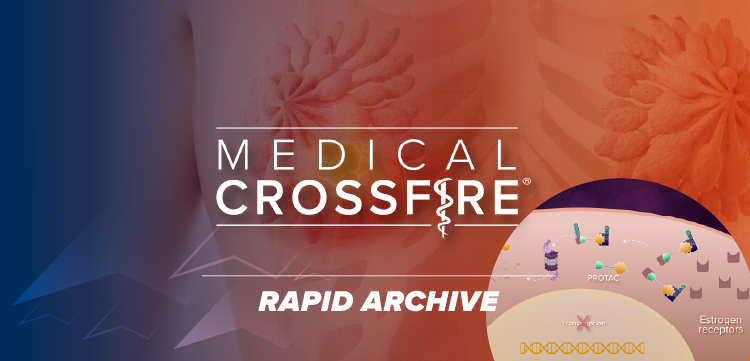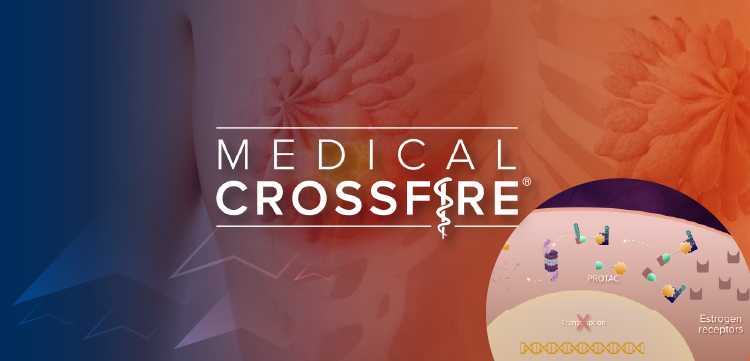
The Importance of HRD Testing in Ovarian Cancer
Eric Pujade-Laurine, MD, PhD, discusses the importance of homologous recombination repair deficiency (HRD) testing to provide prognostic information and detect BRCA mutations in platinum-sensitive relapsed ovarian cancer.
Eric Pujade-Laurine, MD, PhD, a medical oncologist at Hôpital Hôtel-Dieu, discusses the importance of homologous recombination repair deficiency (HRD) testing to provide prognostic information and detect BRCA mutations in platinum-sensitive relapsed ovarian cancer.
According to Pujade-Laurine, HRD testing is especially important. Not only is the test a predictive test, but it also provides valuable information about the tumor itself. If a BRCA mutation is found, it is important to send the patient for further oncogenic testing to determine if the tumor has a germline mutation.
Testing for a BRCA mutation is not only beneficial for the patient, Pujade-Laurine explains. A patient’s entire family can benefit from having this information. BRCA mutations are inherited and can be passed down to offspring. When a patient tests positive for a BRCA mutation, the rest of the family becomes more aware of their cancer risk.
















































